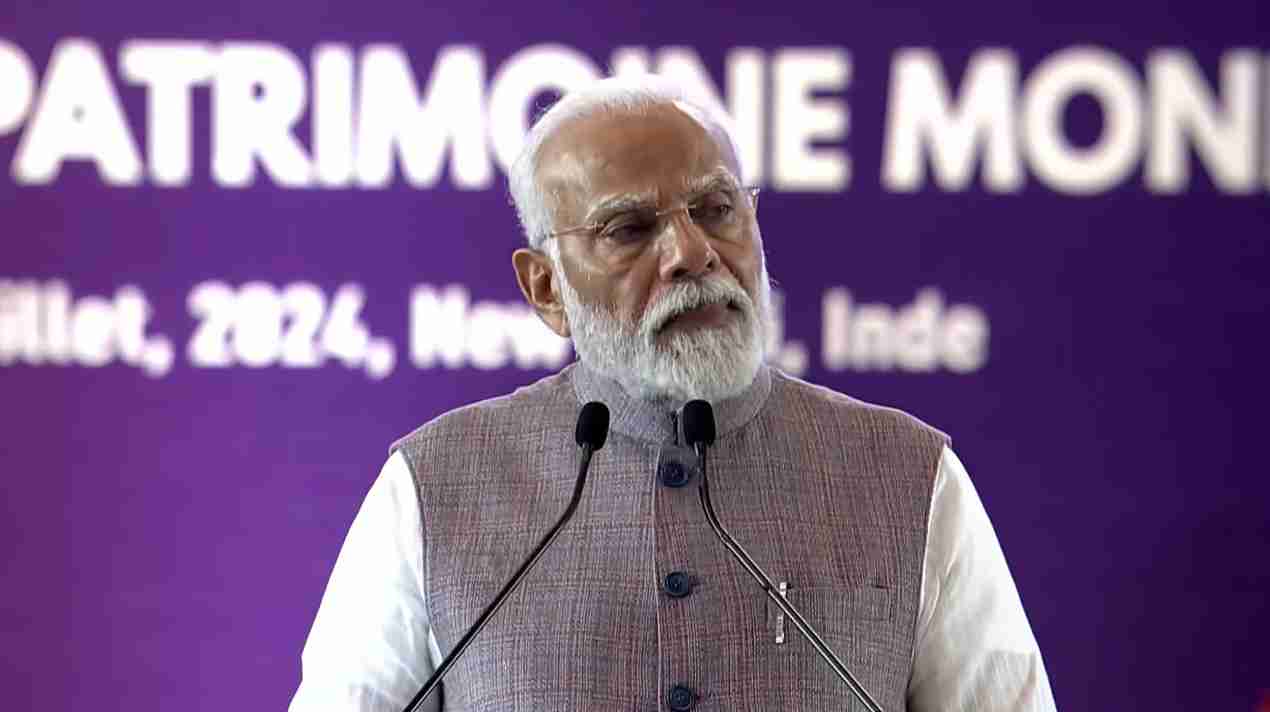Prime Minister Narendra Modi delivered a stirring address at the inauguration of the 46th Session of the World Heritage Committee, advocating for a comprehensive reevaluation of India’s ancient history in light of recent archaeological discoveries and scientific advancements.
In his keynote speech, PM Modi challenged conventional historical narratives, emphasizing the depth and antiquity of Indian civilization. “India’s history stretches back millennia, far beyond conventional understanding,” he asserted. PM Modi pointed to the significance of new archaeological evidence, particularly citing discoveries in Sinauli, Uttar Pradesh, which have unveiled remarkable insights into ancient Indian culture and technological advancements.
“The discoveries at Sinauli are transformative, offering profound insights into our ancient past,” PM Modi remarked. He underscored the importance of integrating these findings into global historical perspectives to accurately portray India’s rich cultural heritage and contributions to global civilization.
The World Heritage Committee session serves as a vital forum for international collaboration on preserving and promoting cultural and natural heritage sites worldwide. PM Modi’s address resonated strongly with delegates, highlighting the need for scholarly discourse and interdisciplinary research to deepen understanding of ancient civilizations.
“India’s ancient history is a mosaic of diverse cultures and scientific achievements,” PM Modi emphasized. He called for concerted efforts among nations to foster greater appreciation and preservation of cultural heritage, ensuring it remains accessible and relevant for future generations.
Throughout the session, participants will engage in discussions aimed at enhancing global cooperation in heritage conservation and sustainable tourism practices. PM Modi expressed confidence that by embracing new perspectives and scientific methodologies, nations can collectively enrich global knowledge and appreciation of cultural diversity and historical continuity.



